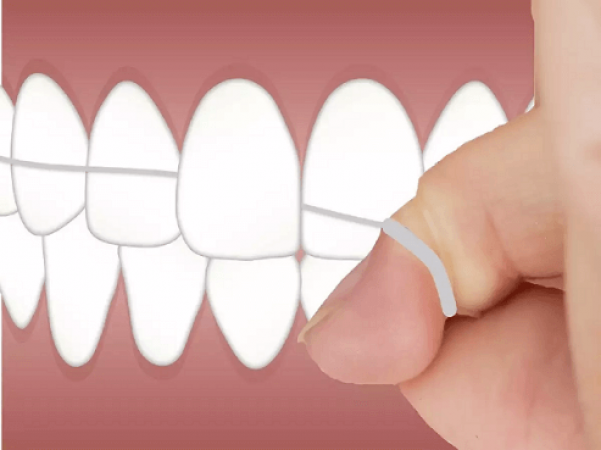
Chewing gum is a common habit for many people around the world. Whether it's to freshen breath, relieve stress, or simply out of habit, gum chewing has become ingrained in modern society. However, while it may seem harmless, there are several disadvantages associated with this seemingly innocent activity that you should be aware of before reaching for your next pack.
One of the most well-known disadvantages of chewing gum is its potential impact on dental health. Constant chewing can increase the risk of developing temporomandibular joint disorder (TMJ), a condition that affects the jaw joint and muscles. Additionally, chewing gum containing sugar can contribute to tooth decay and cavities, especially if proper dental hygiene practices are not followed.
While sugar-free gum may seem like a healthier alternative, it often contains artificial sweeteners such as aspartame or sucralose. Some studies suggest that these sweeteners may have negative health effects, including disrupting gut bacteria balance and potentially leading to metabolic syndrome.
Chewing gum can also lead to digestive problems, particularly when swallowed. When you chew gum, you may inadvertently swallow air, which can accumulate in the digestive tract and cause bloating, gas, and discomfort. In some cases, frequent gum chewing may even contribute to irritable bowel syndrome (IBS) symptoms in susceptible individuals.
In rare cases, excessive gum swallowing can lead to intestinal blockages, especially in young children or individuals with preexisting gastrointestinal conditions. These blockages may require medical intervention to resolve and can cause serious complications if left untreated.
Extended periods of gum chewing can lead to jaw fatigue and muscle strain, particularly if you chew gum vigorously or for hours on end. Over time, this repetitive motion can strain the muscles and joints of the jaw, leading to discomfort, pain, and even long-term damage in severe cases.
For some individuals, excessive gum chewing may trigger tension headaches or exacerbate existing jaw pain conditions such as TMJ disorder. This discomfort can impact daily activities and quality of life, making it important to monitor gum chewing habits and seek alternative methods of stress relief if necessary.
The environmental impact of chewing gum is often overlooked but significant. Most chewing gum contains synthetic polymers that are non-biodegradable, meaning that discarded gum contributes to litter and pollution in the environment. Additionally, the production and disposal of gum may involve the use of harmful chemicals and resources, further exacerbating environmental concerns.
To reduce the environmental impact of gum chewing, consider opting for natural, biodegradable gum options made from ingredients such as chicle or plant-based alternatives. Additionally, proper disposal of gum wrappers and used gum can help minimize litter and pollution in your community. While chewing gum may offer temporary benefits such as freshening breath or relieving stress, it's essential to consider the potential disadvantages before making it a regular habit. From dental health risks and digestive issues to environmental concerns, there are several factors to weigh when deciding whether gum chewing is right for you. By being aware of these drawbacks and making informed choices, you can better protect your health and the environment while still enjoying the occasional stick of gum.
Tata-Owned Air India Cuts 180 Jobs, Cites Business Streamlining
Top 10 Wholesale Business Ideas
You can register the location of your home on Google Maps, know the process